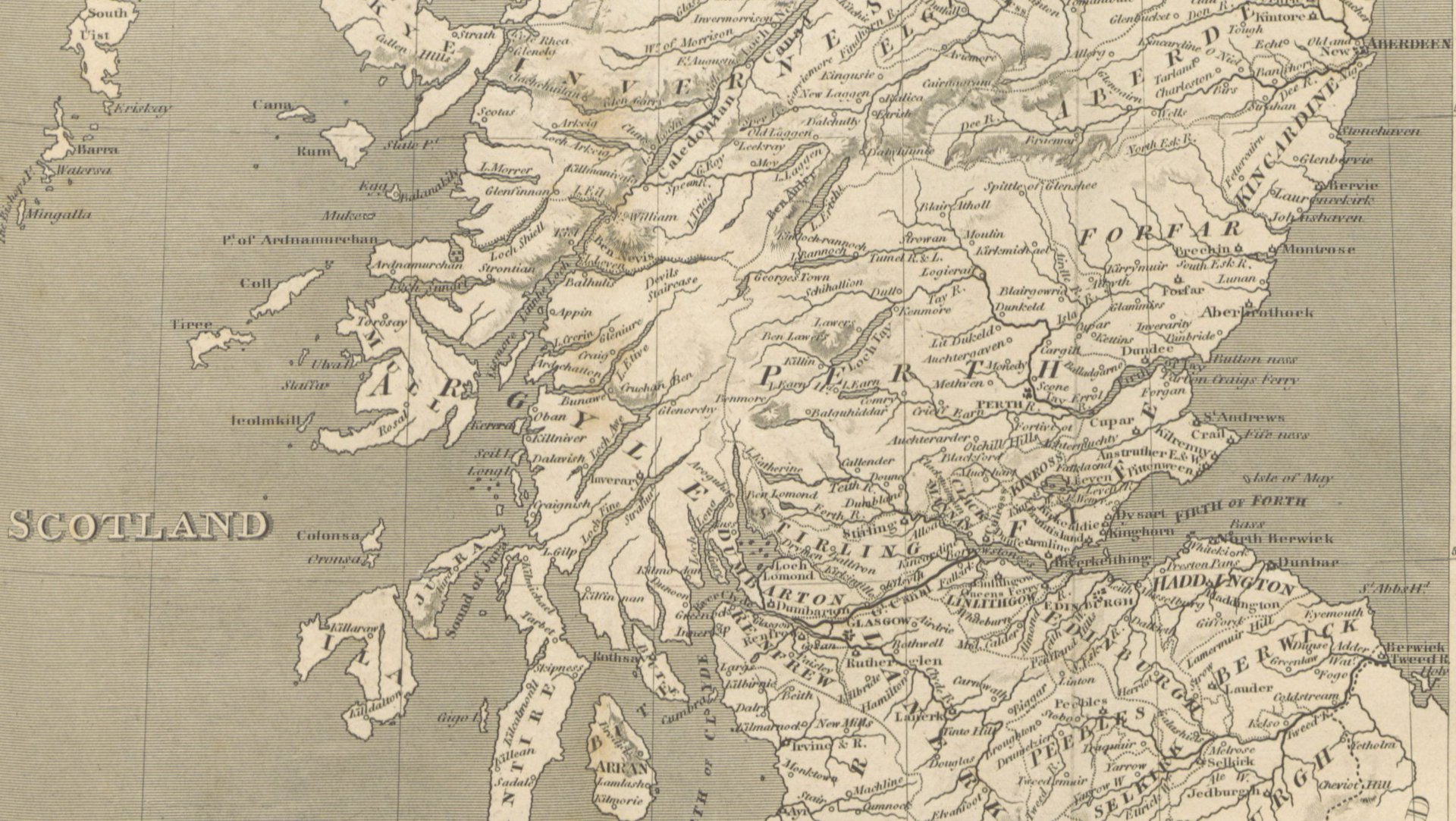John Donne’s solemn 400-year-old poem against isolationism is resonating today
In the days following the British vote to leave the European Union, some hear the death bells tolling for the continent of Europe.


In the days following the British vote to leave the European Union, some hear the death bells tolling for the continent of Europe.
English poet John Donne, writing in the 17th century, famously wrote that “no man is an island,” comparing people to countries, and arguing for the interconnectedness of all people with God. The #nomanisanisland hashtag is resonating today with Brits and people around the world showing solidarity, despite the fact that country has voted to cut itself free.
Donne’s “Meditation 17” is one of a series of essays he wrote when he was seriously ill in the winter of 1623, and has since been popularly remembered for one excerpt:
No man is an island,entire of itself;
every man is a piece of the continent,
a part of the main.
If a clod be washed away by the sea,
Europe is the less,
as well as if a promontory were.
as well as if a manor of thy friend’s
or of thine own were.
Any man’s death diminishes me,
because I am involved in mankind;
and therefore never send to know for whom the bell tolls;
it tolls for thee.
In his meditation on death, Donne writes that all beings are one with God. The rest of the essay, when read in the context of Brexit, is just as poignant as the famous passage. Donne compares suffering to gold, arguing that we can never have enough of our neighbors’ pain: “No man hath affliction enough that is not matured and ripened by it.” In other words: No one suffers alone, and being aware of another’s pain only makes us stronger and more able to live.